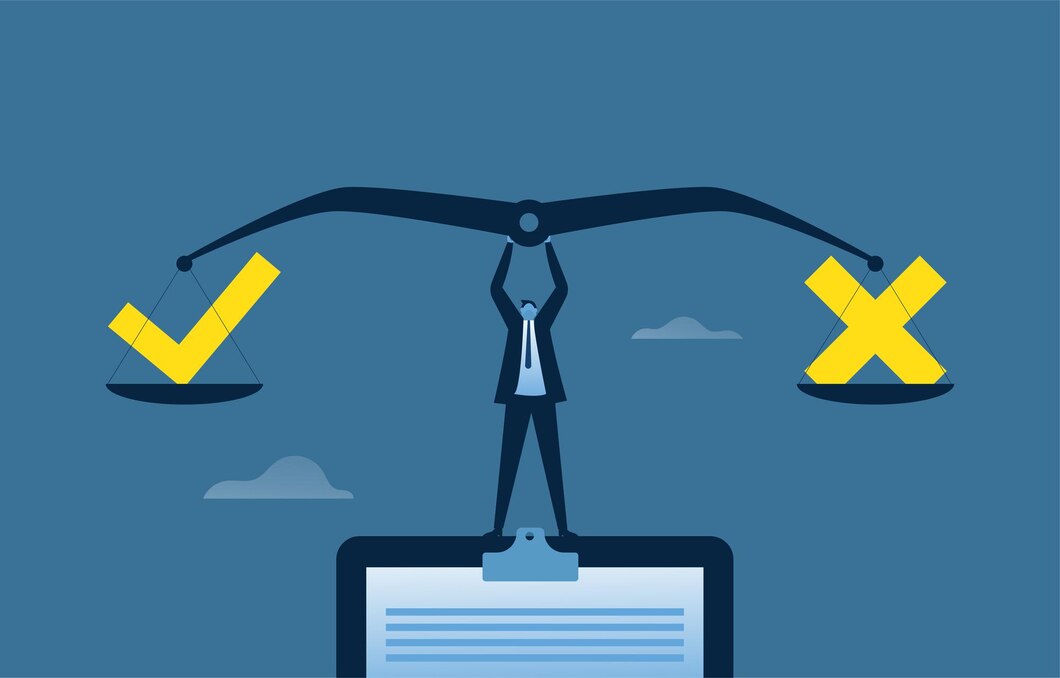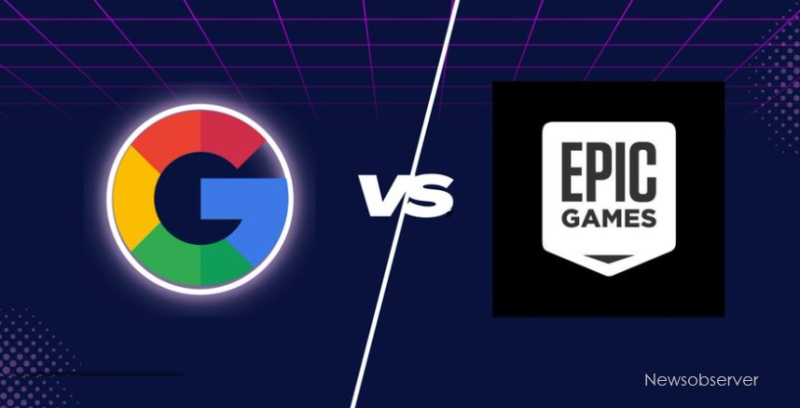By Erika Koutroumpa,
It all started in 2020 when Fortnite started offering in-game purchases violating both Google Play and Apple App Store regulations. As a response, the app was made unavailable for both Apple and Android users, to which Epic Games, owner of the game, countered with a lawsuit against each Tech giant. Skipping forward, in December 2023, it was decided unanimously by the court that Google was guilty of all the antitrust claims made. This comes in stark contrast with the outcome of the equivalent App Store case, which was more favorable for Apple. Why is this case significant and what does it possibly mean for the future of Big Tech?
The main issue of this case was whether Google had made Google Play Store dominant over its rivals while violating antitrust legislation. The company imposes an up to 30% transaction fee to app developers and even though it permits competitors, it has a licensing agreement with Android, and its apps are pre-downloaded on phones with this software. Google maintains that their commissions are competitive for the industry and that under their recent “User Choice Billing” program, the company lets app developers process payments themselves and gives a lower fee of 26-11% on subscription profits. Currently, there are 2.8 million Android users in the world, so even though the app store is not a significant source of income for the company it is a rather symbolic one due to its sphere of influence.

Why is antitrust so important? Antitrust legislation aims to act as an inhibitor from the creation of monopolies and mergers of companies that deprive the public of the benefits of competition. Competition itself is needed to push providers to innovate, and offers improved services and customer experience, and more options. In the US, one of the main antitrust legislations is the Sherman Antitrust Act, based on which an unlawful monopoly exists when one firm has market power for a product or service, obtained or maintained, not through competition on the merits, but because the firm has suppressed competition by engaging in anticompetitive conduct. The second significant act, the Clayton Act, includes clauses according to which an illegal tying agreement happens when a company forces customers to buy one product (the tying product) to purchase another product (the tied product).
Epic owns an app store PC platform, offering their products as well as those of third party users, making them both an app developer and therefore a client of Google Play Store, but also a competitor directly affected by the current monopoly. Their lawsuit echoes the complaints of many App developers about the high commission fees for a long time, as it forces them to charge their clients extra to be able to make a significant profit. Countries such as South Korea have left the Tech Giant legally no choice but to open the app stores to other payment schemes and new similar EU regulations are expected to be enforced within this month.
Before the verdict for the Google case had come out, Epic Games had battled with Apple in court as well regarding the same issue. However, that time around, it was mostly a win for the famous electronic device company. To which factors can this difference between verdicts be attributed? First and foremost, an important factor was the definition of “market”. Had it been decided that Apple’s app store and the Google Play Store competed with each other, then there would be no monopoly. However, in this case, the play store was considered as its market and hence needs to allow other app stores on Android devices. Apple offers a closed-off ecosystem, without much leeway for competitors to offer alternatives. On the other hand, Google has gone to great lengths to appear more open than Apple.

According to journalist reports based on the trial records, the final nail to the coffin was suspicious behavior by the defendant. According to Epic, Google’s “Project Hug” used large monetary sums to convince well-known game developers to continue using the Play Store and to sway them away from creating their rival app stores. What is more, testimony revealed that employees and executives utilized a setting in some work communications which automatically deleted evidence within 24 hours.
Lastly, the outcome of the Apple case was decided by a judge, while the Google one by a jury. Had this case been tried in front of a judge, the outcome would likely have varied significantly since they have a niche interest in this type of law and decide according to the law, but the jury is just laymen, who decides mostly based on how the outcome of the trial will affect them and their finances. Even though the years of antitrust jurisprudence were not in Epic’s favor, ultimately the jury gave them the advantage to win the case. Some critics claim that with the evidence presented to the court, Epic painted a colorful picture of the underdog standing up to the monopolist, hence leading to an incorrect resolution of the trial. The judge also gave a rare and significant direction to the jury that they may deduce that missing evidence may create a negative reflection on Google, according to some critics leaving too much room for the imagination of the jury.
To conclude, the Epic v. Google case is significant, as it shows a change in attitude toward Big Tech monopolies, highlighting the frustration on the public’s behalf. In late February, Google filed a request for a retrial or for the court to issue a verdict in their favor, claiming that Epic had not presented sufficient evidence to support the jury’s verdict. This was not granted, and soon the plaintiff and the defendant will adjourn to decide on the remedies to be implemented. Based on the outcome of these meetings, this case can change the way tech companies are allowed to connect app stores to their devices, paving the path for more competitors to arise and challenge Big Data companies.
References
- The Antitrust Laws. DOJ. Available here
- Google’s Antitrust Loss to Epic Could Preview Its Legal Fate in 2024. The New York Times. Available here
- The curious case of Epic Games: how the developer beat Google but not Apple. The Guardian. Available here
- Another Bite at the “Apple”: Epic Games v. Google. University of Cincinnati Law Review. Available here
- Google asks judge to overturn Epic Games antitrust verdict. Reuters. Available here
- Epic wins antitrust fight vs Google: A deeper look at the case and its implications. The Economic Times Tech. Available here
- Epic games wins antitrust case against Google over Play app store. Reuters. Available here
- How Google Play works. Google Play. Available here
- Google asks judge to overturn Epic Games antitrust verdict. Reuters. Available here




